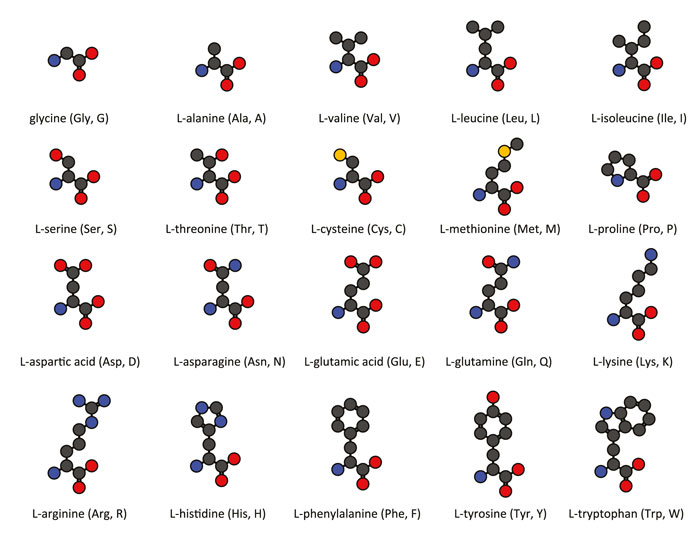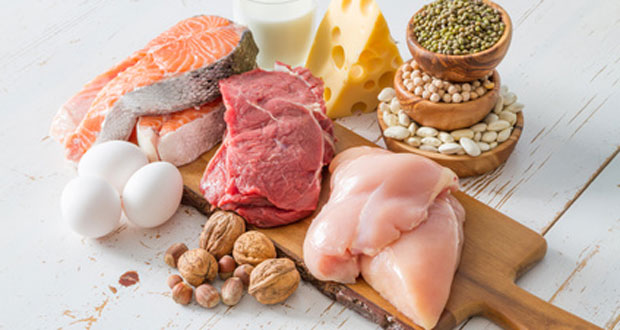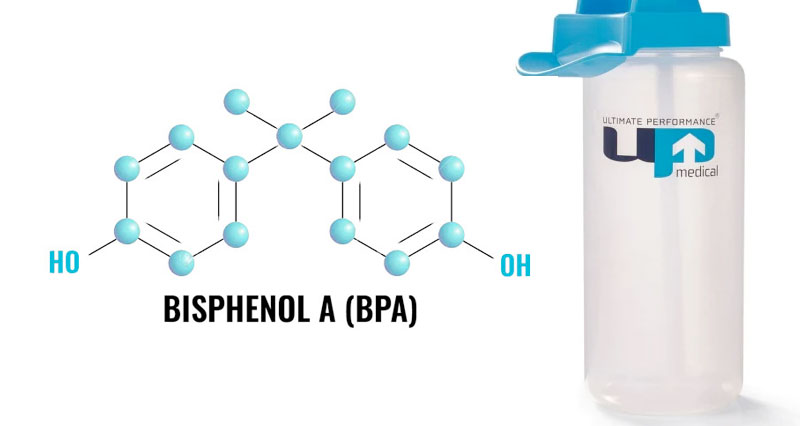Protein is the most important macronutrient when it comes to maximising health, body composition, muscle growth, and recovery of body tissue. Protein has many important functions in the body, particularly muscle growth and repair. But how much do we need?
Why is protein important?
When training, our muscle fibres become damaged and our muscles require amino acids to help repair and build muscle tissue. This is known as muscular hypertrophy. Protein is important for all athletes but eating enough protein is particularly important for strength and power athletes. Protein is vital for body composition and this becomes increasingly important as we grow older. As we age, we lose muscle strength and find it increasingly difficult to retain muscle. Consuming protein enables us to maintain muscle and a leaner physique, supporting our joints and bones, maintaining metabolism, and allowing us to lead a healthy lifestyle.
Protein is also satiating, meaning it keeps us fuller for longer. It takes longer than carbohydrates to break down and as a consequence, our bodies feel satiated (fuller) for longer.
From a body composition and health perspective this is important as our energy levels are stable and this decreases our likelihood of overeating. Protein can be used as an energy source when exercising for long periods of time. Protein is important in strengthening immune function and therefore reducing the likelihood of illness.
Protein and amino acids
Protein is made up of a number of distinct modules known as amino acids, there are 20 amino acids in total. Of the 20 amino acids, 8 are considered essential and 12 are considered non-essential. The 8 essential amino acids must be consumed within the diet, whereas the 12 non-essential amino acids can be synthesised within the body. The protein we consume in our diet is broken down by our digestive system into its constituent amino acids and then reformed to create specific amino acids required for different functions within the body. The process of breaking down proteins into individual amino acids and then reforming them is known as protein synthesis.
Protein quality is important, not all amino acids are considered equal when it comes to muscle building and repair. The branch chain amino acids leucine, isoleucine, and valine, all promote muscle protein synthesis, with leucine being considered the jewel in the crown!

How much protein do we need per day?
When it comes to recommending protein intakes, it is important to consider the lifestyle and goals of an individual. The following factors must be considered:
- Training intensity and duration. The higher the intensity of training the higher the protein requirements. For example, heavyweight training, plyometric training or CrossFit training will break down (damage) the muscles more than aerobic running so a higher protein intake is needed.
- Age. As we get older, we have a reduced anabolic effect from amino acids meaning we cannot rebuild muscles as easily, so over the age of 40, increasing your protein requirements slightly, would be beneficial.
- Total calorie intake. If someone was on a reduced-calorie diet or on a calorie deficit, then protein requirements may go up as protein helps maintain lean muscle and help avoid feelings of hunger.
The government recommendations are for 0.6 g per kilogram of body weight, however, this would be considered the minimum requirement. Below are the guidelines for different population groups:
- 0.8 g per kg body weight for sedentary individuals
- 1.2-1.8 g per kg body weight for athletes
- 1.8-2.4 g per kg body weight for resistance-trained athletes.
Protein contains 4 calories per gram and should be consumed as part of a balanced diet.
How often should I eat protein?
When considering protein requirements and performance, it is important to understand the terms anabolism, muscle protein synthesis, and muscle protein degradation. Anabolism is the building of molecules from smaller molecules. When we exercise, we damage our muscle tissue, which results in muscle protein degradation (MPD, muscle breakdown). MPD is increased through stress, age, inactivity, and training. Muscle protein synthesis, MPS, (muscle building), is influenced by many factors, but the main factor is eating enough protein. To ensure we promote muscle anabolism (muscle growth), repair and maintenance of lean tissue, and muscle protein synthesis must be greater than degradation.
Muscular anabolism is not a switch you can turn on and off when we consume protein and carbohydrates, our MPS is increased however, after a period of time, MPS decreases. Therefore, by timing our meals, we can optimise our MPS throughout the day. Research suggests consuming protein approximately every four hours is beneficial.
Optimising protein synthesis
- Calculate your protein requirements. Remember, exercise intensity and duration increases these requirements, and power or strength-related athlete should be aiming for 1.8-2.4 g per kg of body weight per day. For example, a 90 kg Rugby player, may consume 2g/kg of body weight, therefore their protein requirements for the day would be 180 g. These figures are for total body weight not lean body weight (fat-free mass). Lean body weight is important, if two people have the same lean body weight then their protein requirements would be the same.
- Consume protein over the course of 4-5 meals, approximately 4 hours apart throughout the day. This ensures optimal muscle protein synthesis throughout the day. Consuming protein elevates muscle protein synthesis but this will decrease after approximately 3 hours, so taking timing into account, can be beneficial.
- Quality and quantity of protein are important. Research demonstrates the positive impact that has on muscle protein synthesis, aiming for 3 g leucine per meal can be beneficial. Higher quality protein sources have more leucine content. Aiming for approximately 30-35 g of protein per meal is a good guideline for most people.
Approximate amount of protein foods:
- Chicken (3oz/85g) – 28g
- Steak (3oz/85g) – 26g
- Turkey (3oz/85g) – 25g
- Pork (3oz/85g) – 22g
- Egg (3oz/85g) – 6g
- Tuna (3oz/85g) – 22g
- Salmon (3oz/85g) – 22g
- Pinto beans (1/2 cup) – 11g
- Edamame beans (1/2 cup) – 9g
- Lentils (1/2 cup) – 9g
- Quinoa (1/2 cup) – 4g
Leucine content of protein sources
- Chicken (40g) – 7.5%
- Steak (38g) – 8%
- Fish (37g) – 8.1%
- Pork (38g) – 8%
- Egg (34g) – 8.8%
- Milk (31g) – 9.8%
- Whey (27g) – 11%
- Casein (27g) – 8.8%
Are protein shakes and supplements needed?
Most athletes can get the recommended amount of protein through food alone without the need for supplements. Protein powders and supplements can be great for convenience but are not a necessity even for elite athletic performance. High sources of protein in the diet have the benefit of containing many other nutrients for health and well-being compared to supplements.
However, when travelling, if you consume low amounts of protein in your diet then supplementation can be very useful, especially post-training when athletes require more in order to fully recover. Just ensure you do not reply on supplementation as your sole protein source.
Exam-style questions
- Discuss the benefits of protein in an athlete’s diet (3 marks)
- How can protein benefit a power athlete (2 marks)





